CAP MENTOR HANDBOOK








Welcome to an incredible force in our community. You have just joined together with over 600 other community members to positively impact local children through the Child Advancement Project (CAP)! We are excited to welcome you to Thrive and the CAP mentoring team. In just one hour a week, as a Child Advancement Project (CAP) mentor you can help a child believe in themself. We have dedicated over 30 years to developing this program to ensure the best possible outcomes for kids. Thank you for investing your time and talents to ensure our next generation of leaders have every opportunity to thrive.
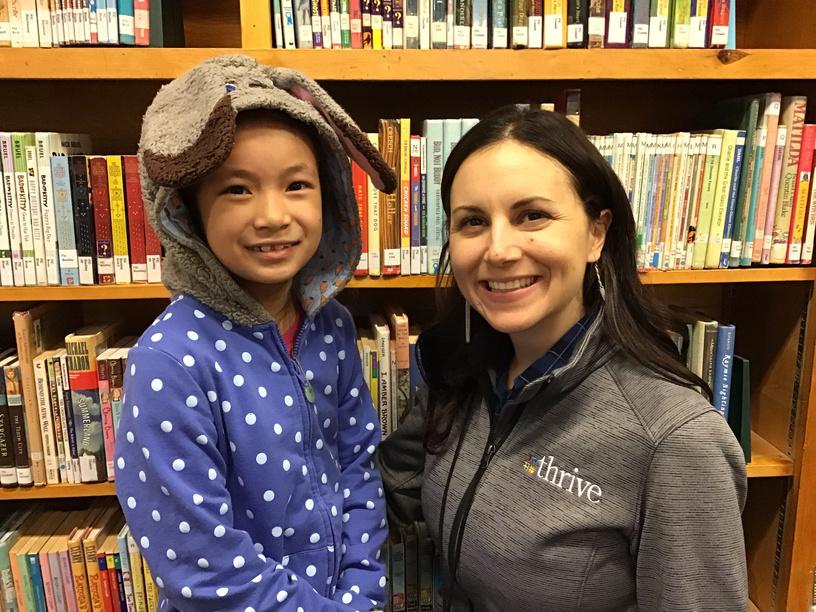
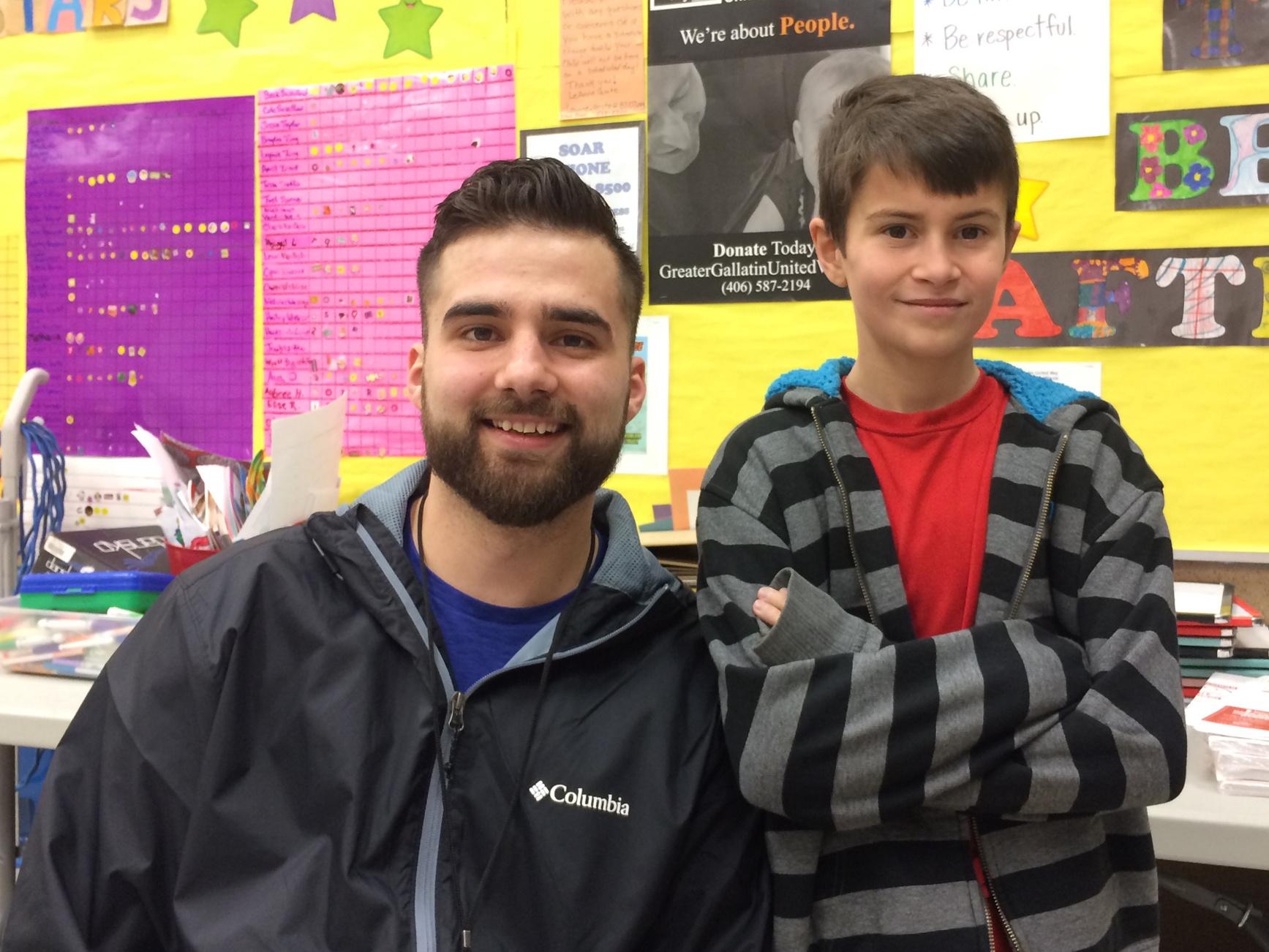 C A R R I E G I L B E R T S O N Executive Director
C A R R I E G I L B E R T S O N Executive Director
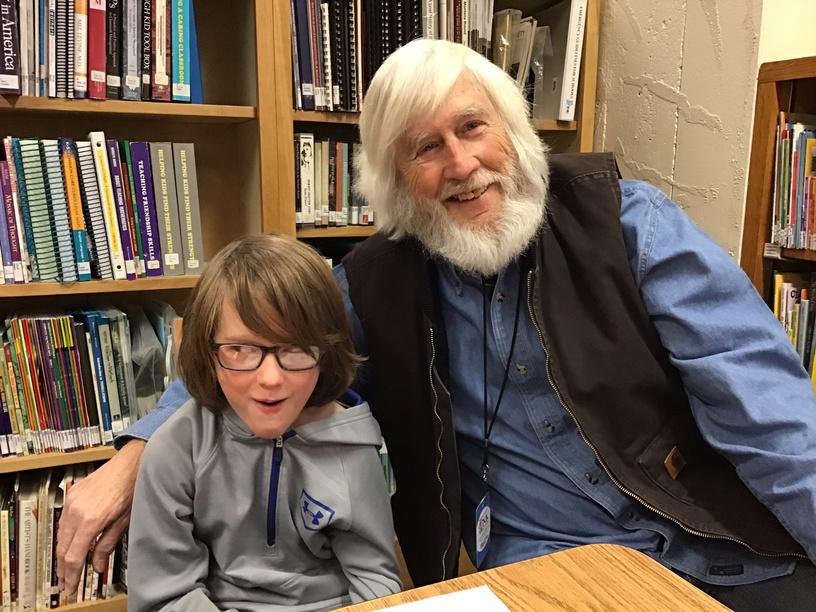
Mission and History - Page 4
Program Outcomes - Page 5
Core Values - Page 6
First Meeting - Page 7
Stages of Relationship - Page 8
Building a Relationship - Page 9 & 10
Roles and Expectations - Page 11
Ground Rules - Page 12
Responsibilities & Goals - Page 13
Mandatory Reporting - Page 14
Trainings - Page 15
Coordinator Roles & Expectations - Page 16
Confidentiality - Page 17 & 18
Policies- Page 19
Match Closure - Page 20
Tips for a Healthy Closure - Page 21

FAQ's - Page 22
Resources - Page 23
Referrals - Page 24
Olewus Bullying Information - Page 25
9 Effective Listening Skills - Page 26
Virtual Addendum - Page 27
Thrive Mission:

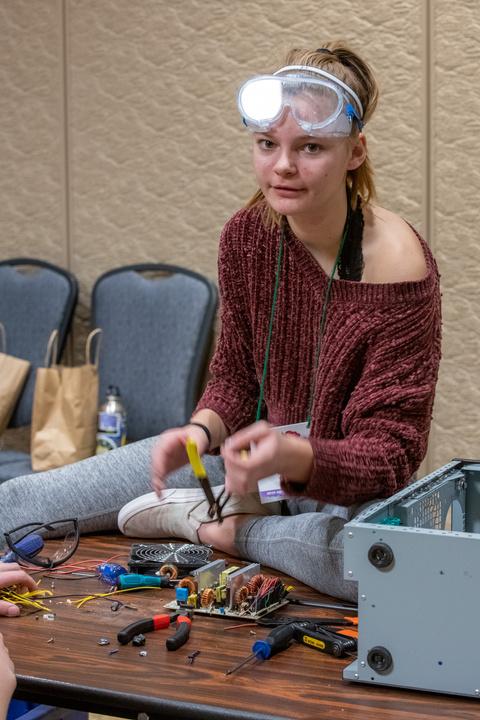

For all children to have the opportunity to grow, succeed, and become valuable members of our community.


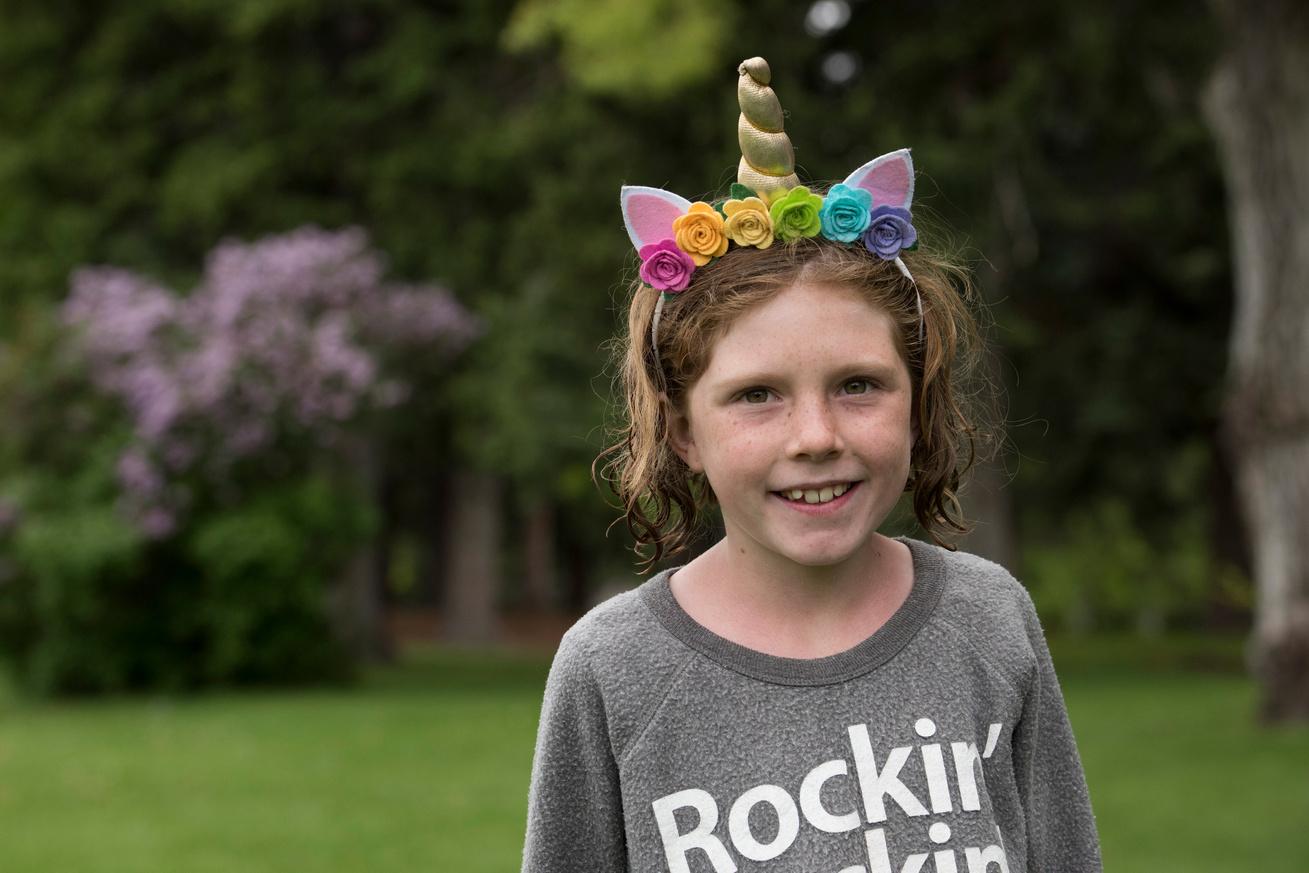

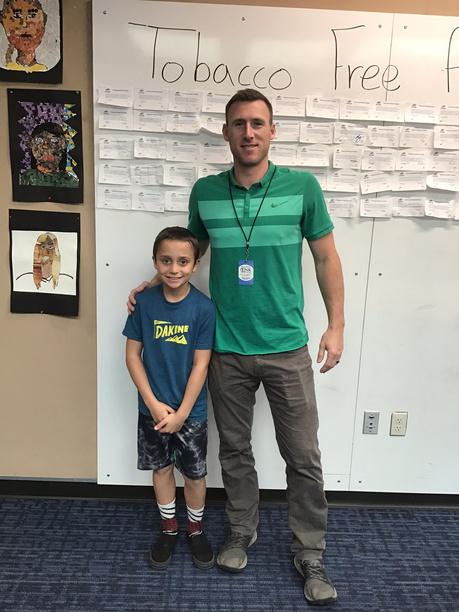
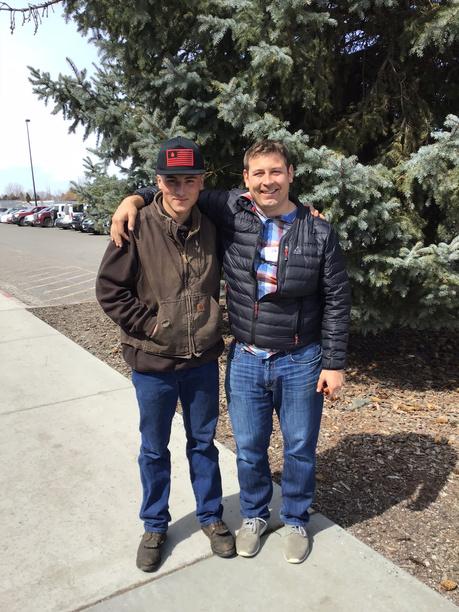

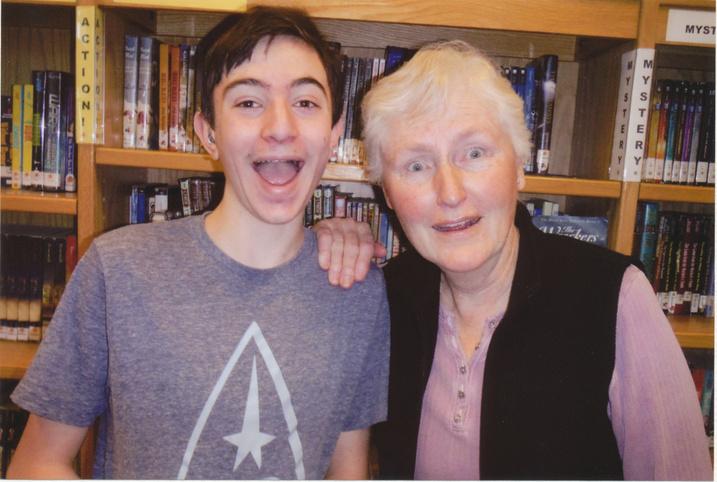

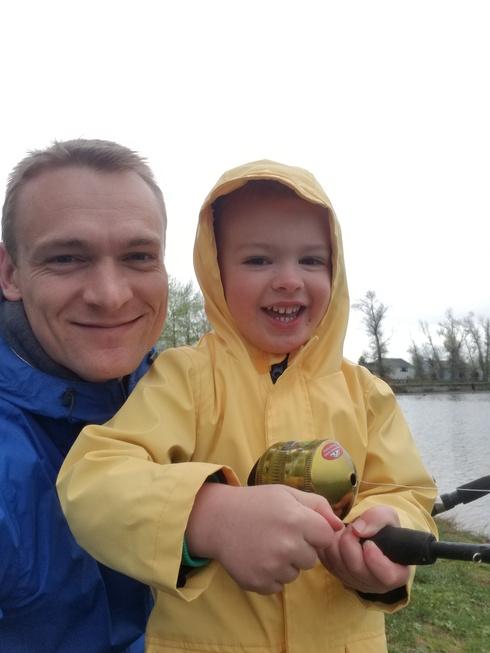







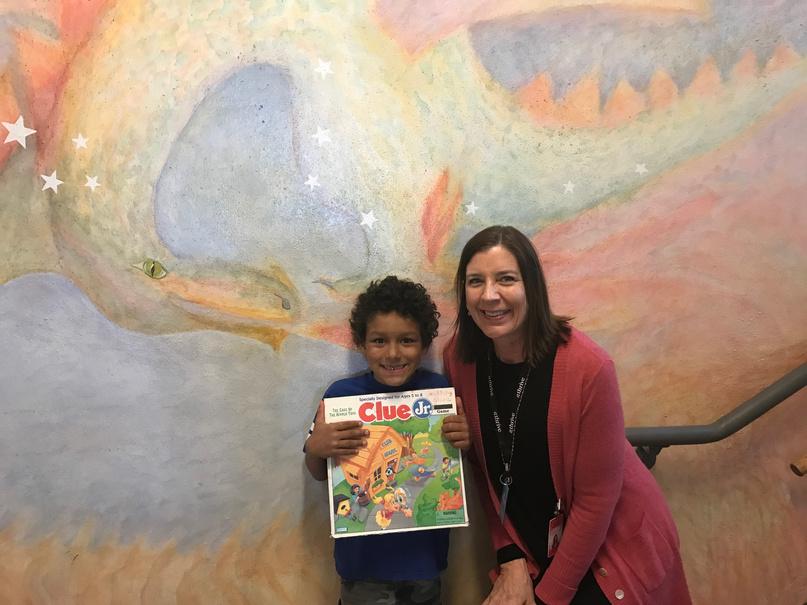
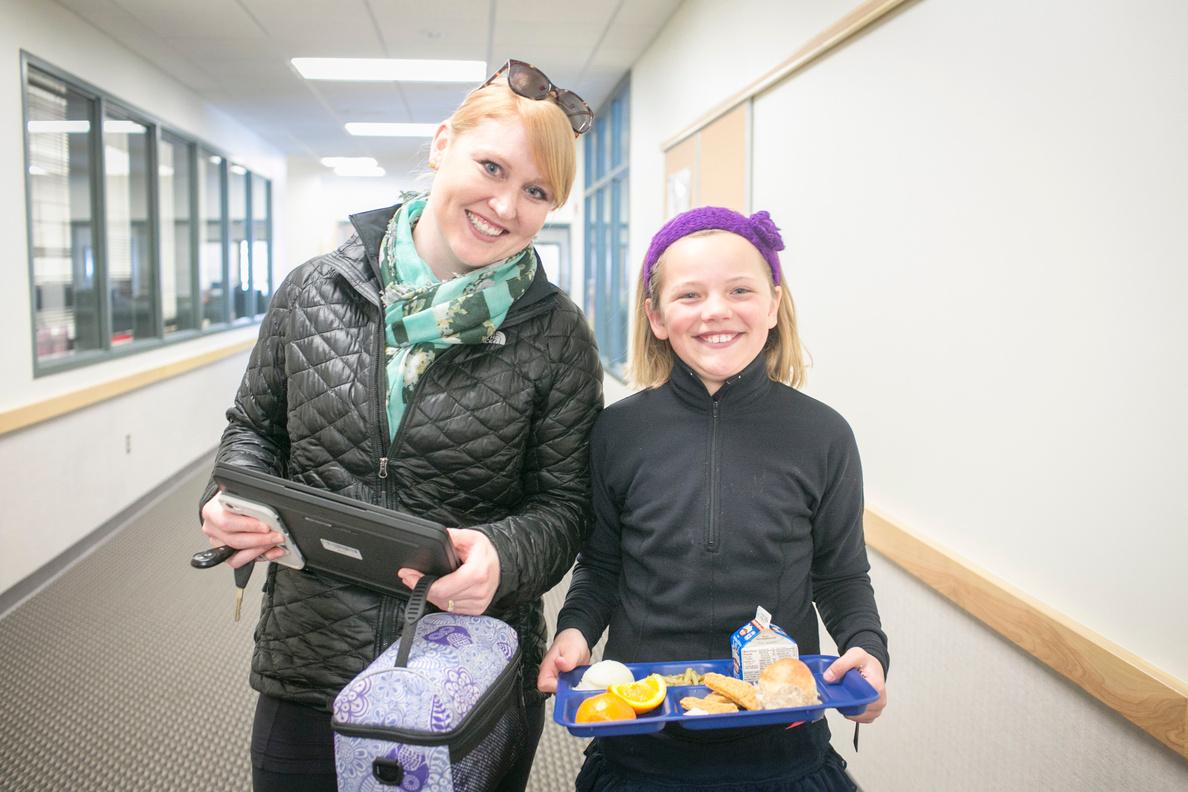

Thrive History:
Thrive is a community-based organization established in 1986. Each year Thrive serves over 7,000 parents, children, and community members through our five signature programs. Thrive provides mentoring, education and support for children and families, so that everyone in our community has the tools they need to be successful. Our proven programs have been developed using evidence-based practices, adapted to meet local community needs, and rigorously evaluated to ensure program efficacy. Thrive has developed critical community partnerships built on sharing design, implementation, management, evaluation, financial resources, and responsibilities for programs. This approach, which has the success of the child at its center, results in the highest quality services, maximizes resources, and has a powerful impact on outcomes for children.


The CAP program was established January 1st, 1989. CAP is an award-winning and a nationally recognized program proven to provide an additional means of meaningful support to children in kindergarten through 12th grade. The program uses a preventative, proactive, and evidence-based approach. CAP mentors help students discover and build upon individual strengths.
INCREASED ACADEMIC SUCCESS
INCREASED ENJOYMENT OF SCHOOL
INCREASED CLASS PARTICIPATION
INCREASED POSITIVE SOCIAL INTERACTIONS
INCREASED SELFCONFIDENCE
INCREASED CONNECTEDNESS TO COMMUNITY

The road to success begins in the earliest years with children who are born healthy and raised in stable, safe, and nurturing families.
Healthy child development is the foundation for community and economic development.
Creating the right conditions for early growth and development are more effective and less costly than addressing problems that develop later.
Children live in the context of their families, and services are most effective when they focus on the entire family rather than the child alone.
We can best create positive outcomes for children when systems, organizations and communities work collaboratively to support families and children.

When families are strong, children are successful, and communities thrive.
It's time to meet your mentee! It is normal for you and your student to be nervous when first meeting. It may feel awkward and that is ok! It can take time for your student to warm up to you.

After meeting with your CAP Coordinator and filling out the necessary paperwork you will meet with your mentee.
Follow these steps when first meeting with your mentee:
Tell them who you are, why you ' re there, and how they should address you.
Have your student give you a tour of the school and locker (if they have one).
Do an interest survey (your Coordinator will provide this).
Decide where and when you will meet next week.
Discuss what you will do next week.
Discuss and decide on expectations for one another (Being on time, honesty, ensure them of your confidentiality, get required work done).
Ask lots of questions and have fun!
Tips and resources to use:
9 effective listening skills (Refer to page 26)
S.M.A.R.T. Goal Guidelines (Refer to page 13)
The Hive
Additional tips and resources refer to your Coordinator
Mentoring relationships typically go through a series of changes. All matches are unique but this is a general guideline of typical stages you will go through with your mentee. Check in with your Coordinator if you need tips on working through each stage.
STAGE 1: THE BEGINNING
Getting to know each other. The first impressions. Find the positive in the relationship. Bonding. This can last for at least 6 weeks.
STAGE 2: TESTING AND CHALLENGING
Mentee could challenge and test mentor by pushing rules and boundaries. Difficult feelings or emotions may surface.
STAGE 3: REAL MENTORING
The relationship begins feeling like trust is established. Growth in the mentee can be observed. A bond and connection has been formed.
STAGE 4: ENDING
Preparing for closure. Relationship may become deeper or mentee may start pulling away. Reflection.
When mentors willingly participate in activities or conversations chosen by their mentee, not only will the young person be more engaged, but the mentor can also see and experience what really matters.
Make an effort to understand your mentee’s point of view when they share ideas or opinions. Ask questions to learn more about the thinking behind the idea (adolescents sometimes need to “try on ” ideas as they sort out what they really think or believe).
Discuss your mentee’s future goals and possibilities, particularly the things they look forward to or dream about. This can motivate young people to keep moving forward when they encounter obstacles or distractions.

The way you respond to failures can either help or hurt motivation and self-confidence. Emphasize that failure and mistakes are a necessary part of learning. We can’t grow without reaching beyond our grasp, and we don’t always make it on the first try.
Break down bigger problems, challenges, or tasks into more manageable pieces. The young person can then develop a plan to accomplish one step at a time - with your encouragement, feedback, and problem-solving along the way.
Provide more support when your mente or making progress. Pull back as your m confidence. Doing too much can take a positive attitude helps boost motivation mentee’s performance or abilities can s

In the process, they learn how to articu decision-making skills, they learn to wo confidence and their sense of responsi
You will find that your mentee has a lot you that were found through your ment
Example: Instead of saying “ you should what it would be like to be a dentist? W
Young people shape who they are and and experiences.
If you are struggling with the buildin out guidance and ideas from your C reaching out to other mentors and re available.
Being a positive support for your student is your role as a mentor.
A friend, confidant, guide, coach, role model, is willing and able to help without expectation of anything in return, a person able to offer their expertise, a person entrusted with the support of another.
The parent, an ATM, a disciplinarian, a peer, a preacher, a homework doer, the teacher.
Each school has its own rules and expectations of CAP mentors. Your Coordinator will go over these and give you a copy of the school guidelines.

WHAT TO WEAR IN A SCHOOL SETTING:
Work Attire
Casual Attire – clean and non-ripped jeans, t-shirts, etc.
Weather-appropriate attire (you may go outside with your mentee)
WHAT NOT TO WEAR IN A SCHOOL SETTING:
Hats indoors
Spaghetti straps
Low-cut blouses
Clothing promoting/containing drug or
alcohol references
Revealing workout attire
A MENTOR EMPOWERS A PERSON TO SEE A POSSIBLE FUTURE, AND BELIEVE IT CAN BE OBTAINED
SHAWN HITCHCOCK
For grades K-8, mentors must stay on s student.
At the high school, if parents give writt Coordinator, matches may walk off ca places and return in time for the studen not permitted to drive their mentees. Meetings are a approximately 1 hour, o duration of school year.
Mentors are NOT permitted to bring fo matches are meeting at lunch, the men
themself ONLY.
Call your Coordinator and school if you weekly meeting with your student. Adva Get permission from your Coordinator special activities, i.e. launching rockets
Do not post or mention your student on You must talk to your coordinator befo
Remember your time is the best gift.

Physical contact, such as tickling, wrestling, pinching, back rubs or asking a child to sit on an adult's lap is prohibited. While hugs can be a positive expression of physical affection, it is best to allow the student to initiate physical contact.
If you are charged/convicted of a felony crime you need to notify your Coordinator immediately. You will not be able to continue in the program and will be let go.
If you are charged with a misdemeanor, you may still be considered to volunteer if there is no link between your record and your role as a mentor.
Be consistent with meeting times and show up every week.
Be clear with boundaries and communication.
Always show respect.
Be able to separate poor behaviors from who the student is.
Be open-minded.
Use positive reinforcement.
Learn about your mentee.
Discuss goals and review plans to achieve them.
Encourage your mentee to participate in the problemsolving process.
Avoid giving advice.
Give positive feedback and focus on strengths.
Match goals are important because they provide your match with a direction and make your time together even more meaningful. Goals help build and strengthen your relationship with your mentee and reinforce strategies that the school is using with a student.

Use S.M.A.R.T. Guidelines
Specific- Focus on one topic/class.
Measurable- How will you know when you ’ ve achieved your goal?
Attainable- Set a goal that is not too easy or too hard.
Relevant- How will this goal directly benefit your student?
Time Specific- Can it be accomplished by May/June?
It is the policy of the CAP Program that all staff, mentors, and other representatives of the program must report any suspected child abuse and/or neglect of agency clients or program participants immediately. You are considered a mandated reporter A mandated reporter is one who is required by law to report reasonable suspicions of abuse. In the event that your student shares information that leads you to become concerned for your mentee’s safety and welfare, you must report this to your CAP Coordinator immediately. Your Coordinator will take it from there, but you may be asked to fill out some paperwork and answer questions from other agencies. This is something your coordinator will guide you through.
IMPORTANT:Do not write confidential information on the mentor time log, CONTACT COORDINATOR ASAP. If there are immediate concerns, do not leave the school prior to communicating your concerns to your CAP Coordinator, mentee’s teacher, and the Principal.

Other things to report:
Bullying
Olweus Bullying Handout - "What Mentors Need to Know" (Refer to page 25 )
Training is an essential component to volunteering in the CAP Program. Training provides the opportunity for you to learn more about the program, expectations, how to develop and foster your relationship, how to set goals with your mentee, and the importance of closure.
1 hour in person orientation
45-minute online training on the Hive.

One additional 1.5 hour quarterly training
Additional quarterly trainings are provided throughout the school year. Your Coordinator will let you know when trainings are being offered. After your first year you are encouraged, but not required, to attend continuing trainings on a yearly basis.
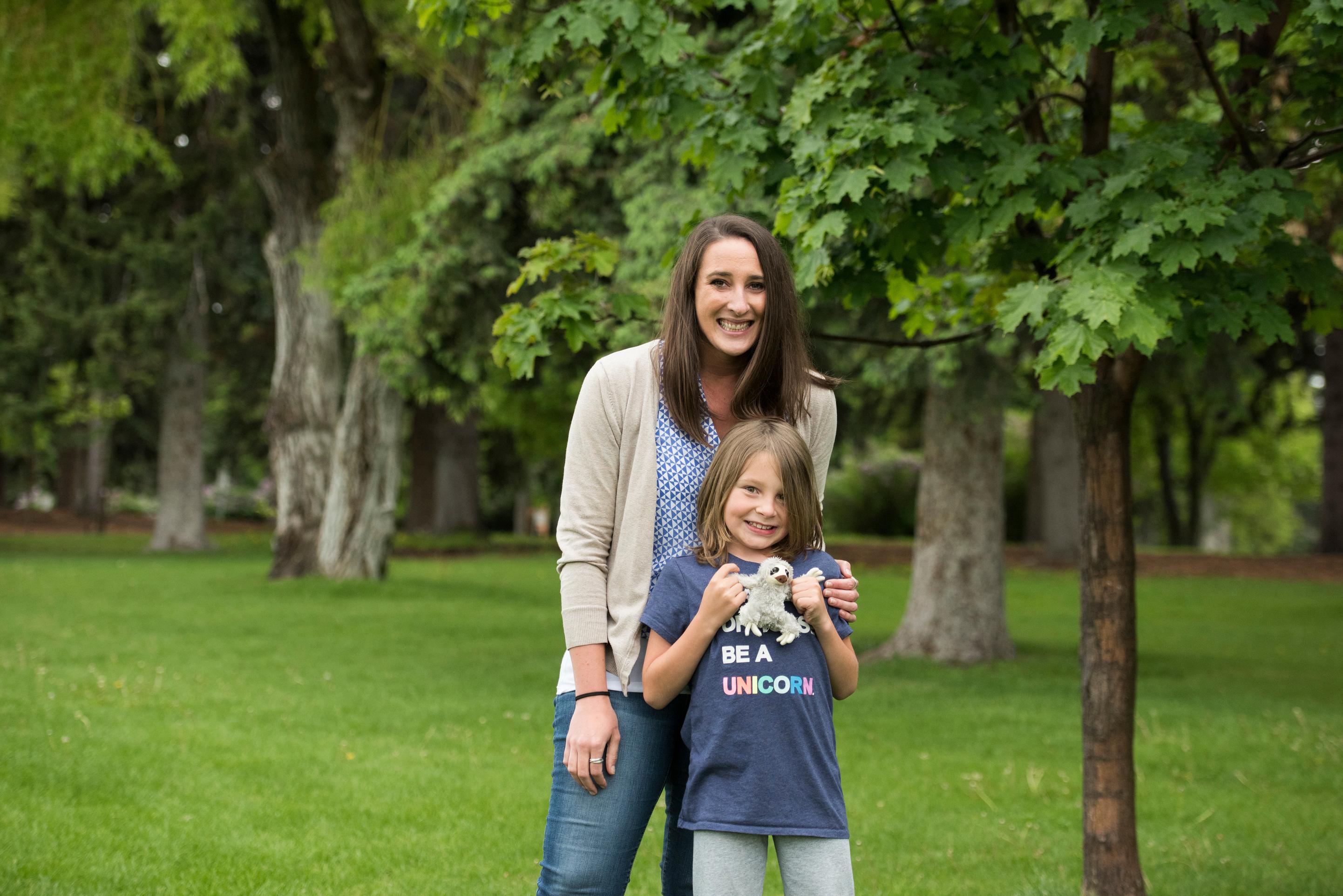
Your CAP Coordinator is your go-to person. They are available to guide you to success in your role as a CAP Mentor. They are there for you to share your feelings, concerns, offer a listening ear, empathy, and a support in your role.
Coordinator Expectations: Coordinators help mentors with:
Provide mentors with ongoing support and feedback throughout the entire year. Communicate with mentors at least twice a month for the duration of the school year.
Offer information to help the mentoring relationship successfully work towards establishing goals.
Act as a liaison between mentor, parent, and school staff.

Provide training dates and times to mentors and ways to connect with other mentors for support and guidance.
Email a monthly e-newsletter.
Activity ideas
Understanding the match relationship cycle
Maintaining boundaries
Processing and problem-solving
Confidentiality between Coordinator and Mentor:
Ask Coordinators permission to share pertinent information with others.
Confidentiality is broken in cases of abuse or neglect, or if someone is in danger (report to CPS, school, affiliate program manager/supervisor).
Confidential information that is helpful for certain school personnel can be generalized if in best interest of child.
It is the policy of the CAP program to protect the confidentiality of its participants and their families. With exception of the limitations below, program staff will only share information about their mentors, mentees, and their families with other Thrive/CAP professional staff and the Board of Directors, when deemed necessary.
Everything seen and heard at the school is to be kept confidential, even if it does not pertain to your student.
Students have a right to privacy by law (FERPA).
Share information about your student only with those that are directly connected to your student: CAP Coordinator, teacher, school psychologist, principal.
Do not share the name of your student and their personal information or family history with anyone.
Do not create posts on social media regarding your student.
Limits of Confidentiality-Information from mentor to mentee records can be shared with individuals or organizations under the following conditions:
Information may be gathered about program participants and shared with other participants, individuals, or organizations only upon receipt of signed “release” forms from mentors, mentees, or parents/guardians.

Identifying information (including names, photographs, videos, etc.) of program participants may be used in agency publications or promotional materials only upon written consent for all parties.
Information may only be provided to law enforcement officials or the courts pursuant to a valid and enforceable subpoena.
Information may be provided to legal counsel in the event of litigation or potential litigation involving the agency. Such information is considered privileged and is protected by law.
shared with individuals or organizat
Program staff and volunteers are m information indicating that a mento harm themself or others.

If the program staff members recei process that a volunteer is using ille kind, or is inappropriately using alc have the option to not match the v
At the time a mentee is considered with the mentor. Mentors and ment match based on the information pr may include:
Mentors: age, sex, race, religio family status, sexual orientation program, and a summary of wh match. Results of driving record
Mentees: age, sex, race, religio situation, a summary of the clie match participation.
Family Educational Rights and Privacy Act (FERPA): A law enacted by the US congress that protects the student’s right to privacy in the school system. It allows the government to withdraw federal support from educational systems such as school districts and universities that distribute student’s private educational information, gives the rights to parents to access their child’s records, the right to change that information, and some rights determining which information about their student is shared. The actual FERPA statute is found at 20 U.S.C. § 1232g and the FERPA regulations are found at 34 CFR Part 99. CAP Mentors may be asked to sign confidentiality agreements that mention the FERPA statutes.
Unacceptable Behavior Policy: All behaviors listed below are unacceptable in the CAP Program and will result in termination from the program.
Unwelcome physical contact, such as inappropriate touching, patting, pinching, punching, and physical assault.
Unwelcome physical, verbal, visual, or behavioral mannerisms or conduct that belittle, shows hostility, or dislike toward any individual.

Demeaning or exploitive behavior of either a sexual or nonsexual nature, including threats of such behavior. Display of demeaning, suggestive, or pornographic material.
Known sexual abuse or neglect of a child. Slander, public or private, of any mentee parent/guardian or family member.
Intentional violation of any local, state, or federal law.
Possession of illegal substances.
Closure is the formal ending of circumstances that cause the e While we hope that CAP Matches in life or other situations occur an request of any party involved in th a closure that recognizes the con opportunity to celebrate the time
Things to Know:
At the end of each school yea meet in the summer.
If a mentor plans on continuin let their mentee and their Co closure procedure looks diffe
If a mentor expresses that the are facing in the mentor/men with additional support and f
It is recommended that mento down the number of visits left meeting approaches, so that If the mentor is not available letter, however this is not the

The following information and sug adapted from the National Mento match closure, a mentor may beg most likely defense mechanisms a
Ways the mentor can help mak mentee:
Talk about successes and goa
Create a project that offers a

Address and acknowledge th
Be honest and discuss challen
Hold a celebratory final visit w
Name three things that you a
What goals did you complete
What was a hard time togeth
Name a time in which you had
Where do I meet with my student?
At your student’s school. Your CAP Coordinator will show you appropriate places for you two to hangout.
How long do we meet for? Do I meet at the same time every week?
1 hour weekly. Yes, you meet at the same time each week unless a different time is requested.
Who do I talk to if I have any questions?
Please contact your CAP Coordinator with any questions.
What do I do with my student?
Play games, talk, work on school work, arts & crafts, science experiments...so many different things!
How long do I have to commit to a student?
One school year. However, if you start mentoring mid school year we ask that you commit to the following school year as well.
Do I meet with my student during the summer?
No You will only meet when school is in session
What do I do when my student cheats during games?
Gently point out that they are cheating (using humor can be effective – do not accuse –“Hey, was that fair?” and ask questions to help you understand their need to cheat). Once reasons have been identified, help your mentee to develop the skills or confidence needed to be honest going forward. Set the expectation for honesty and help your mentee understand that winning isn’t everything Find alternative activities that are less competitive, but that will help build the skills needed for success.
What can I do if I think that my student doesn’t like me?
In most matches this is not the case but if you have concerns please talk to your Coordinator
What if my student asks to bring a friend?
Many mentees like to bring friends with them to their CAP meetings. The general rule is that they can bring a friend 1 time per month as long as it is agreed upon beforehand. The mentor has permission to say no if they prefer to not have another student attend the meeting.

9 Effective Listening Skills (Refer to page 26).
S.M.A.R.T. Goal Guidelines (Refer to page 13)
The Hive
Thrive Pinterest Page

Thrive Bozeman YouTube Page
Olweus Bullying Handout - "What Mentors Need to Know" (Refer to page 25)
For more tips and resources refer to your Coordinator.
We need you to spread the word! We are always in need of CAP mentors for students who are waiting for mentors. Current mentors are our best way to recruit new mentors because you can share firsthand experience as to why being a CAP Mentor is so great and why they should sign up. Please tell your friends and family to apply at www.allthrive.org/cap.

Find out as much as possible about situation: who, when, how long? Support the student and assure them you and other staff will do everything you can to see that it stops (talk to your Coordinator). Tell your student that you ’ re sorry they were bullied and that nobody should be treated this way. Let them know you are willing to help them.
Ask how they are feeling and what they are thinking and allow them to express emotions. Praise them for having the courage to tell you. Inform them what steps you’ll be taking i.e. discussing it with your CAP Coordinator, who will follow up with school counselor or school administrator. Follow up with student about the situation.
Stress the facts of the situation, that the info came from a variety of sources. Behavior must stop immediately. Remind them the school has rules regarding bullying and that there might be consequences and you will be checking in with them later.
I will not bully.
I will try to help if I see it happening.
I will include others. I will tell someone.
Remember this line: “Stop. That’s not acceptable behavior and the school has rules against this. There will be consequences. Someone will follow up with you later.”
Talk to your coordinator
https://www.bsd7.org/cms/one.aspx?portalId=112502&pageId=36131231

The implementation of virtual CAP meetings allows matches to still gain the support and friendship that in-person CAP meetings offer. Although virtual mentoring, or otherwise called e-mentoring, looks different than in person, research has proven that virtual mentorship still offers students valuable lessons, support and resources.
The term virtual mentoring refers to any mentoring that does not occur face to face. For example matches can meet over Zoom, Google Meet, phone, and even over email. E-mentoring offers many advantages to participants such as the flexibility to conduct meetings at more accessible times, allows more flexibility over location, and offers participants the opportunity to become creative in how they conduct their meetings. When conducting a virtual mentorship it is imperative to keep a positive attitude about the meeting.
There are important principles of virtual mentoring that can better ensure students will have a positive outcome. Those principles include consistency, communication, being in the moment, and embracing technology.

Keeping a consistent schedule with your mentee is imperative, they need to know that even with changes you are still committed to being their mentor and meeting with them.
Communication is important with any relationship, and communicating that you are enjoying your time and want to spend time with your mentee in this virtual format is important. Being in the moment is vital to your virtual meeting, so removing any other distractions and finding a quiet private place to have your meeting will make you better equipped to focus on your mentee, and enjoy the time with them. Your CAP Coordinator will assist you with the technology needed to have successful virtual meetings and will assist with virtual meeting activities and ideas.